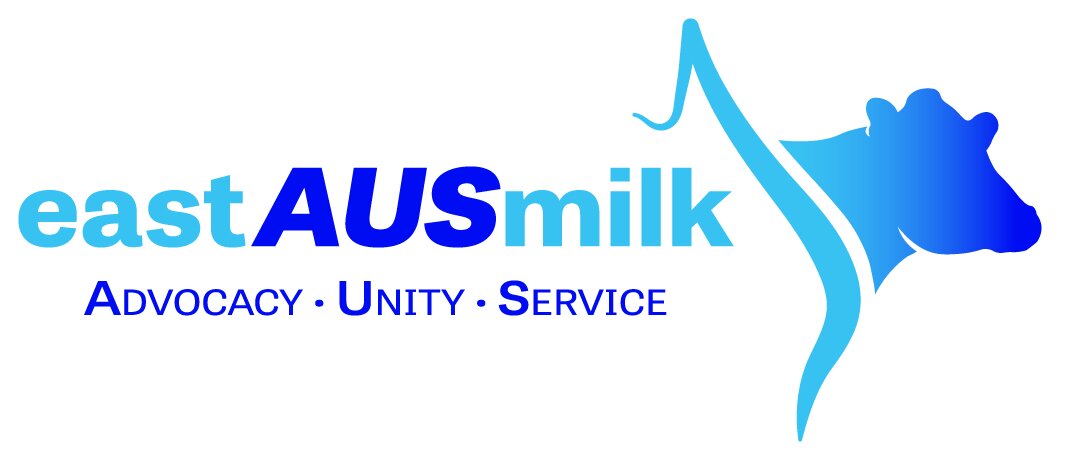Australian Milk Price Initiative organisers call on dairy industry to reform
The brains behind proposed reform of the Australian dairy industry say change is needed, alleging the pricing status quo is costing the sector about $400 million each year.
In a letter to key dairy figures, the team that drafted the Australian Milk Price Initiative has called for the sector to discuss price reform, in light of the bidding war that kicked off the 2022-23 season.
The development of the AMPI was bankrolled by the Morrison government ahead of the 2019 federal election but the coronavirus pandemic and upheaval within the sector has sidelined price reform.
AMPI co-organisers Scott Briggs, Garry Booth and Michael Avery have issued a briefing paper to processors and farm group leaders.
In the document, they note the Australian dairy sector is the only major milk market that sets a guaranteed minimum price once a year.
They argue the current structure is costing the sector between $380 and $450 million a year in pricing inefficiencies.
“(That) sees a seller contract all their production to only one buyer at one price at one time. (That also) sees that buyer take on all production and price risk for the seller,” they said.
“There is a reason no one else does it this way: it doesn’t work.”
The minimum price was introduced as part of the Morrison government’s mandatory dairy code of conduct, implemented in July 2020.
The call by the AMPI co-organisers comes as Saputo management flagged the need for further factory closures in Australia.
The AMPI co-organisers noted other dairy markets worldwide are reforming the way they price milk and that Australia risked being an agri-economic laggard.
“(Other countries) enable price risk management systems which allow farmers, processors and customers to manage price and supply risk separately, up to three years out,” they said.
“By doing so, they are realising that farmers managing margins versus input costs (ensures a) more stable milk supply.”

